Tigilau Ness
aka Tigi Ness
Tigilau Ness released his debut album as Unity Pacific in 2003, 23 years after starting out in bands.
The wait, he says, was because he'd been "working and raising my family and paying my mortgage, all that kind of thing." His progeny includes one Che Fu.
'Unity' for One Percent Collective
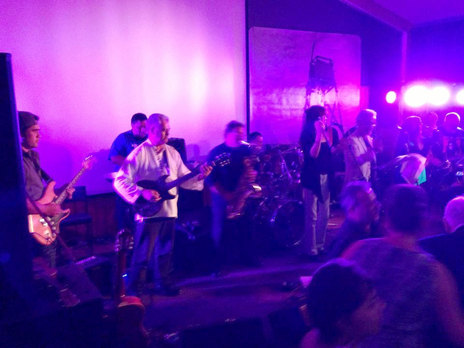
Papa: the stage at the 35th Anniversary of Bastion Point with Mano Pratt, Eddie Te Amo, Maurice Watene, Dilworth Karaka, Truda Chadwick, Corina Fisher, Alec Hawke, Tigi Ness, Tama Renata, Ngamanaaki Pratt, Lloyd Latimer and Dez Brown all present.
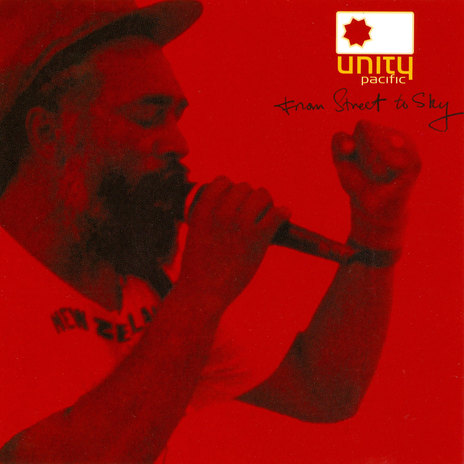
Unity Pacific, From Street To Sky, 2003
Che Fu & Tigilau Ness perform 'Waka' for the Auckland Arts Festival (2021)
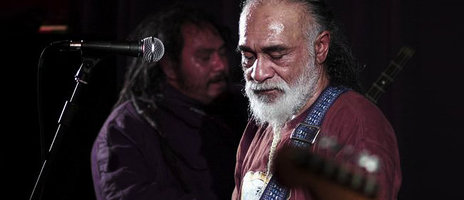
Tigi Ness
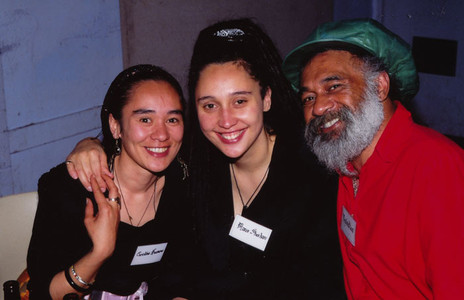
Jules Issa, Maree Sheehan and Tigi Ness at the 1994 Apra Silver Scroll awards
From Street To Sky
Tigilau Ness delivering a lecture for the symposium "Caribbean Connections: The Presence and Influence of Reggae and Rastafari in Aotearoa New Zealand" at Victoria University of Wellington (2011)
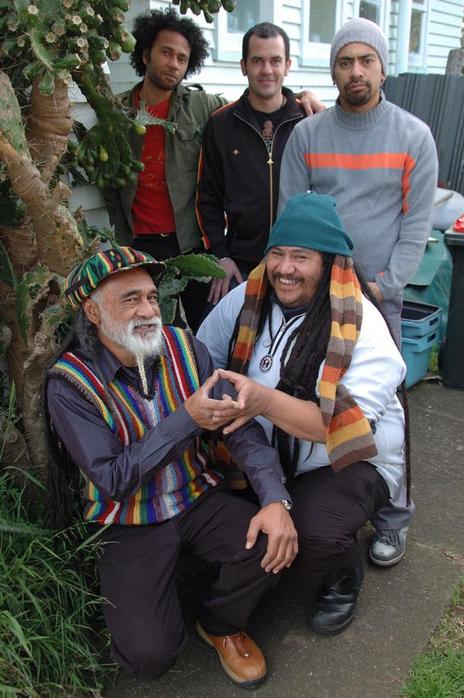
Unity Pacific
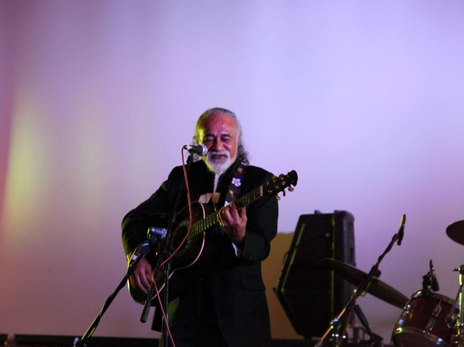
Papa: Tigi Ness at the Bastion Point 35th anniversary at Teachers Eastern Ruby Club May 25, 2013
Tigilau Ness on The Rising Sun Podcast (2024)
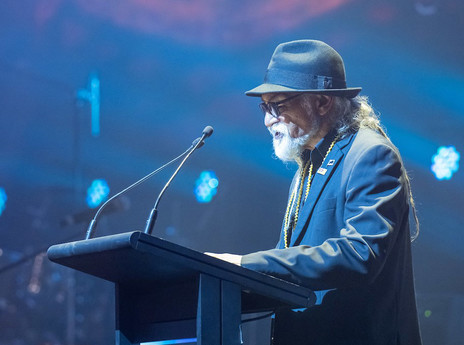
Tigi Ness at the Pacific Music Awards, 2016
Photo credit:
Topic
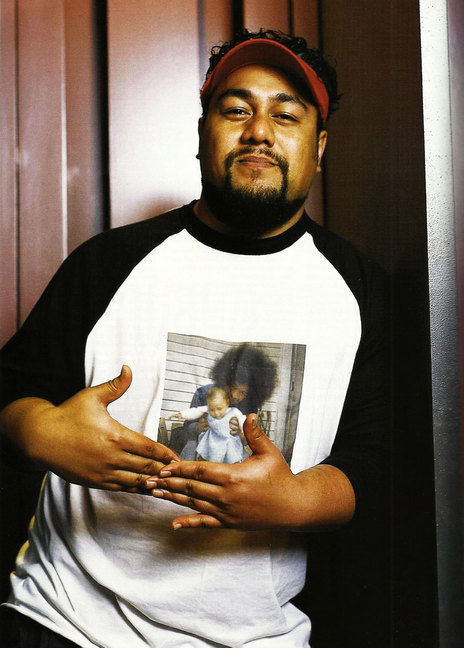
Che Fu in 2001 - the picture on his T-shirt is Che as a baby with his dad, Tigi Ness
Photo credit:
Photo by Gary Brandon
Stephen's Song on Balcony TV with DJ Sir-Vere
Are You Strong
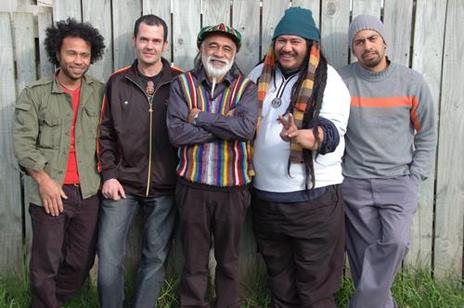
Unity Pacific
Unity Pacific - Though We Are music video (2003)
Seven Bells (York St Studio Sessions)
Labels:
Moving Production
Discography
Trivia:
Tigi Ness is the father of hip-hop musician Che Fu.
During the 1970s Tigi Ness was involved in the Polynesian Panthers movement in Auckland.
Tigi Ness served nine months in prison after taking part in anti-apartheid protests during the 1981 Springbok rugby tour of NZ.
Tigi was honoured with a Lifetime Achievement Award at the 2009 Pacific Music Awards.








